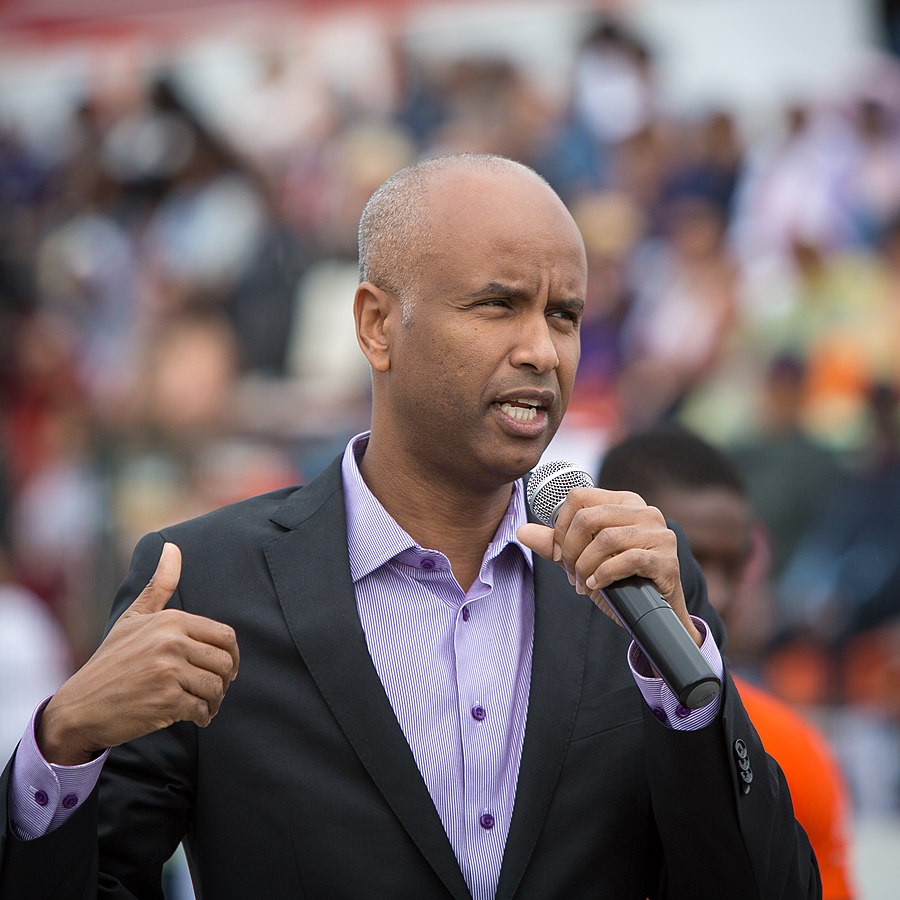
CALGARY — Canada’s immigration minister says he is confident a growing backlog of asylum claims will be addressed as the refugee system undergoes some changes.
Just over 64,000 refugee claims — including nearly 35,000 irregular arrivals and those from various other streams — are awaiting a decision from the Immigration and Refugee Board.
Refugees are now waiting close to two years to have their cases heard.
“We have appointed many, many, many judges to be able to have hearings in places like Calgary and Vancouver and invested again in the IRB to hire more staff, to be able to introduce innovations that speed up the process without compromising a fair due process,” Immigration Minister Ahmed Hussen said in Calgary Friday.
“I’m very confident that the recommendations that were made in the independent review by Neil Yeates will enable us to move forward.”
The independent review identified persistent and systemic problems and a history of failure to manage spikes in asylum claims and backlogs.
It recommended changing the way the board operates, including bringing it under the authority of the immigration minister. This recommendation was met with wide opposition from some who would prefer the board remain independent.
Hussen didn’t say when changes might take place and suggested he wants to see what the board will come up with on its own. The board announced a task force late last year for less complex cases that can be quickly resolved.
A new asylum management board has also been established to improve co-ordination between departments to speed up processing.
“The IRB’s already pursuing its own internal reform mechanisms that have led to a 50 per cent increase in the number of cases that they are able to finalize,” he said.
Hussen said hiring 248 new employees over the next two years, including 64 new immigration board judges will also help with the backlog which dates back to former prime minister Stephen Harper’s government.
“The Harper Conservatives left a lot of vacancies in the Immigration Refugee Board and they also tried to hit the delete button in 2012 and created this massive backlog of legacy refugees as well as many others who are waiting for hearings for five years or more,” he said.
“That’s the situation we inherited.”